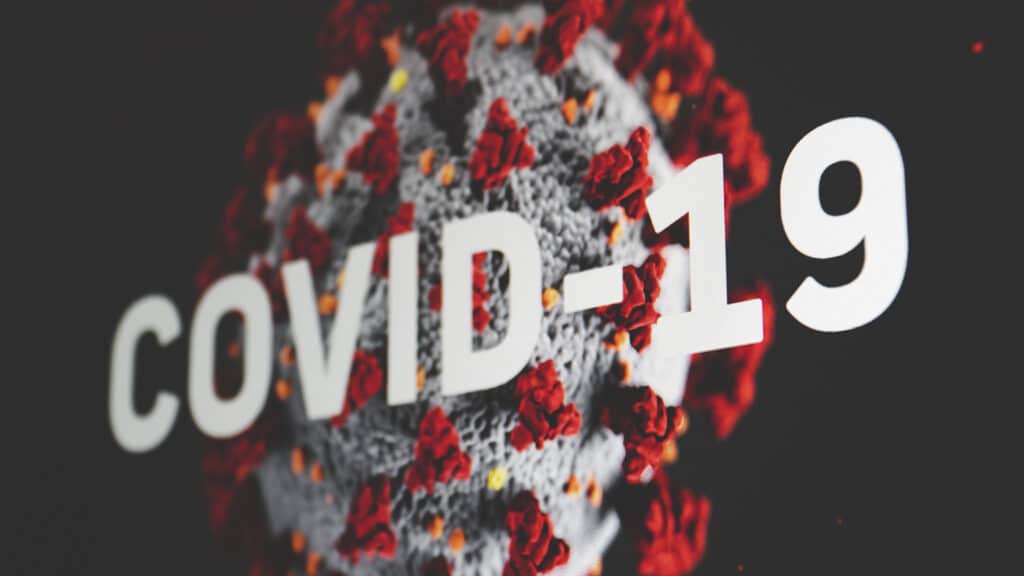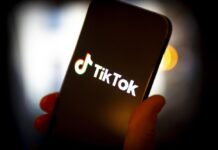
*According to a new survey, more than 40% of Americans were dishonest about whether they had COVID-19 or if they were following safety protocols.
The survey was conducted in December with 1,700 people. According to the results, 721 of the respondents noted that they “misrepresented their COVID status or failed to follow public health recommendations,” per HealthDay.
The participants in the survey revealed that they ignored quarantine rules, and lied about taking precautions. They were also dishonest about their vaccination status.
Respondents noted that the lack of transparency was due to several reasons including: “They didn’t think COVID was real or a big deal; they didn’t feel sick; they couldn’t miss work or stay home; they were following the advice of a public figure or celebrity; and finally, it was no one else’s business,” per the report.
READ MORE: CDC Ends Social Distancing and Quarantine for Covid-19 Control | VIDEOs
“When people are dishonest about their COVID-19 status or what precautions they are taking, it can increase the spread of disease in their community,” said co-author Andrea Gurmankin Levy, a professor of social sciences at Middlesex Community College in Connecticut, in a news release. “For some people, particularly before we had COVID vaccines, that can mean death.”
HealthDay reports that the “common reasons for the lack of transparency were that people wanted to feel normal or to exercise personal freedom,” the outlet writes.
“Some individuals may think if they fib about their COVID-19 status once or twice, it’s not a big deal,” said co-author Angela Fagerlin, head of population health sciences at the University of Utah Health, in a news release. “But if, as our study suggests, nearly half of us are doing it, that’s a significant problem that contributes to prolonging the pandemic.”
The study found that all age groups engaged in COVID-19 misrepresentation. Per HealthDay, “The study did not find an association between misrepresentation and political beliefs, party affiliation or religion.
“This study goes a long way toward showing us what concerns people have about the public health measures implemented in response to the pandemic and how likely they are to be honest in the face of a global crisis,” said co-author Alistair Thorpe, a postdoctoral researcher at University of Utah Health. “Knowing that will help us better prepare for the next wave of worldwide illness.”
We Publish News 24/7. Don’t Miss A Story. Click HERE to SUBSCRIBE to Our Newsletter Now!





